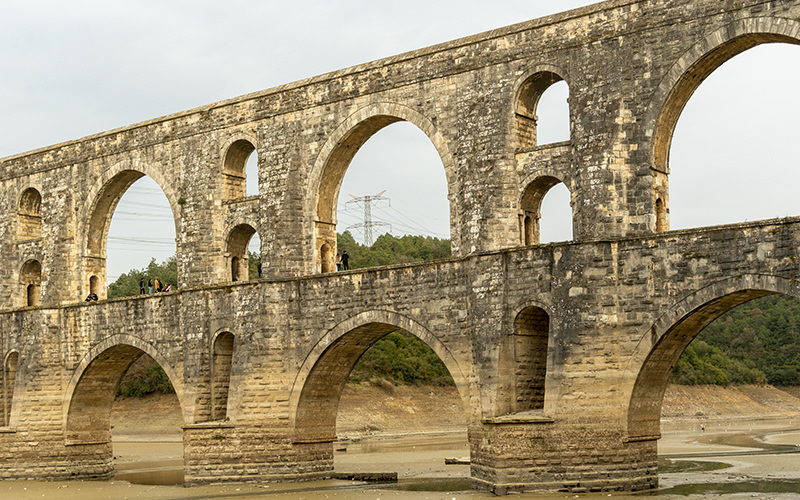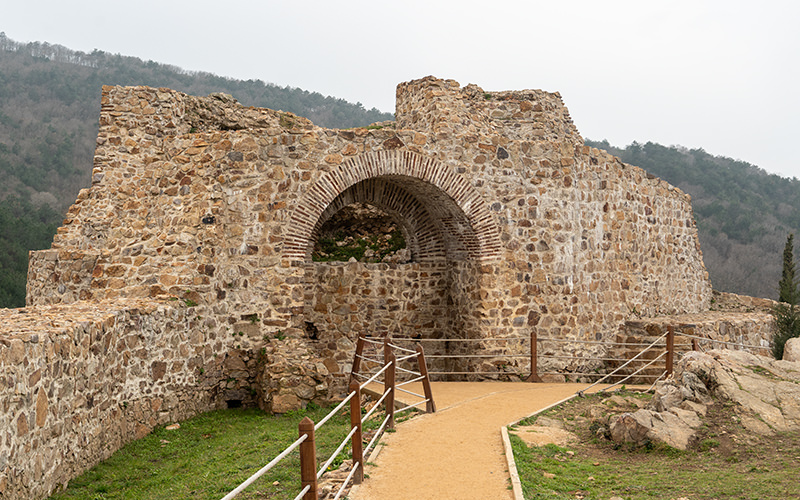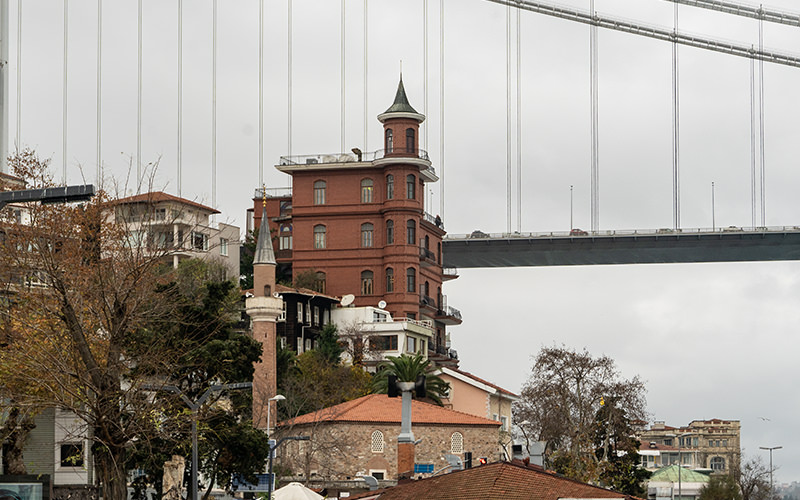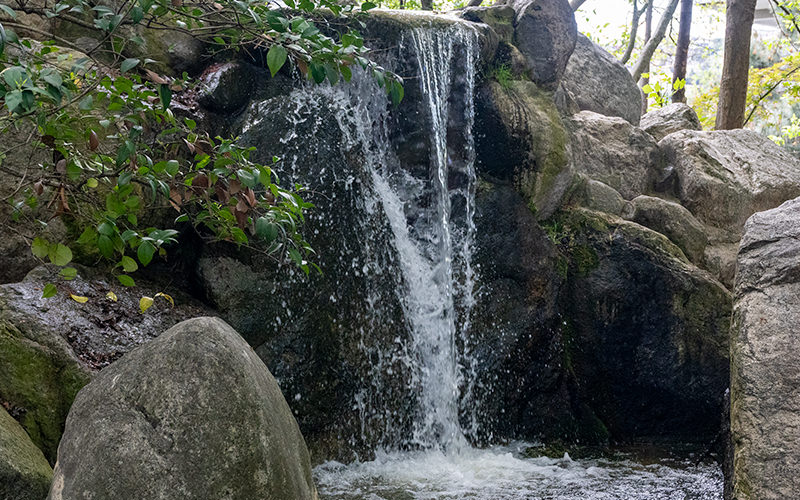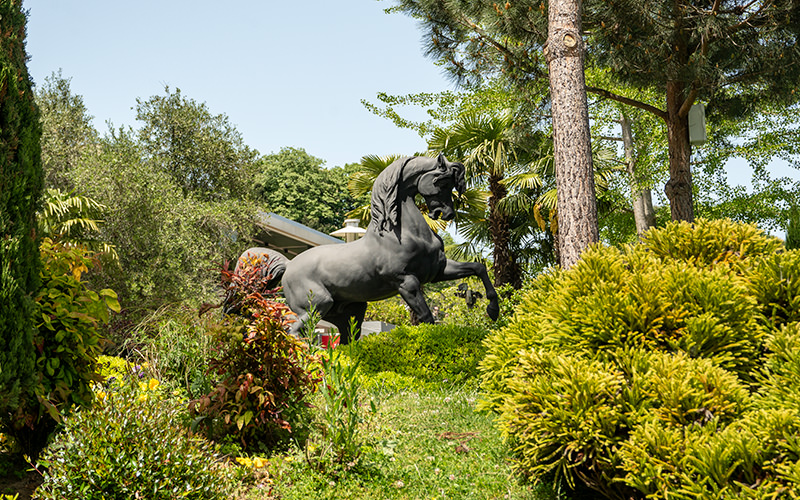In the central part of the Bosphorus Strait, dividing Istanbul into the Asian and European sides, there is an interesting historical landmark - the Anatolian Fortress. For a long time, the territory of this ancient defensive structure was closed to visitors, but this summer I learned that now anyone can visit. Of course, at the first convenient opportunity, I went to see this interesting structure.
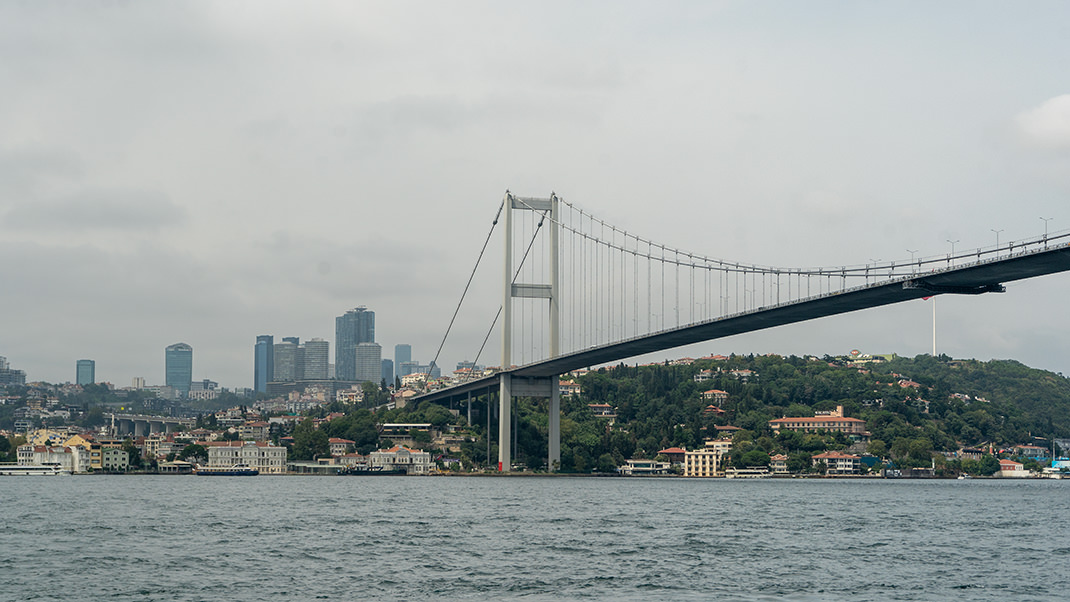
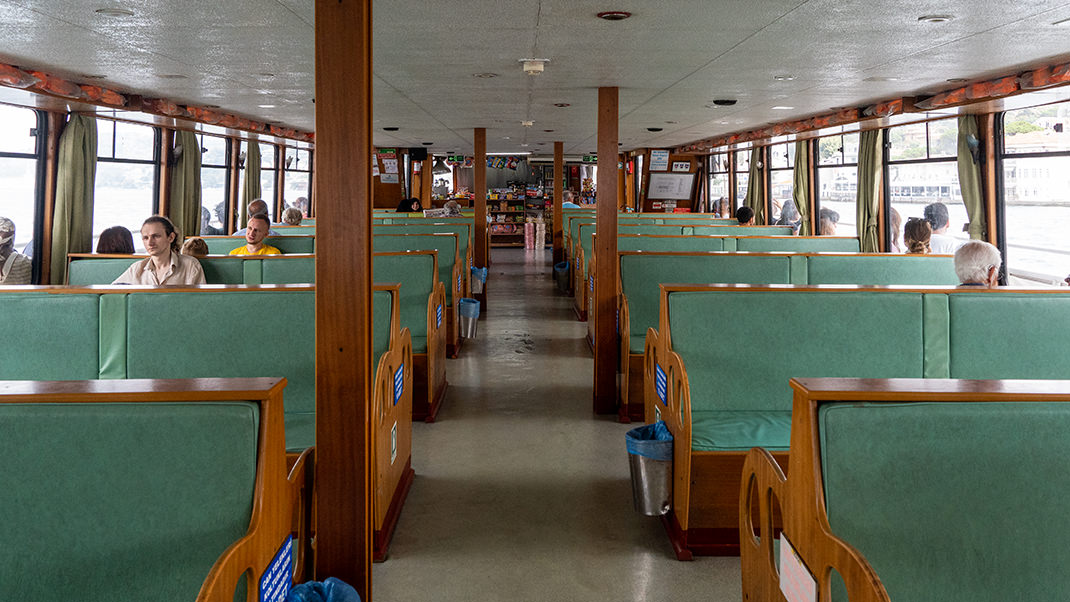
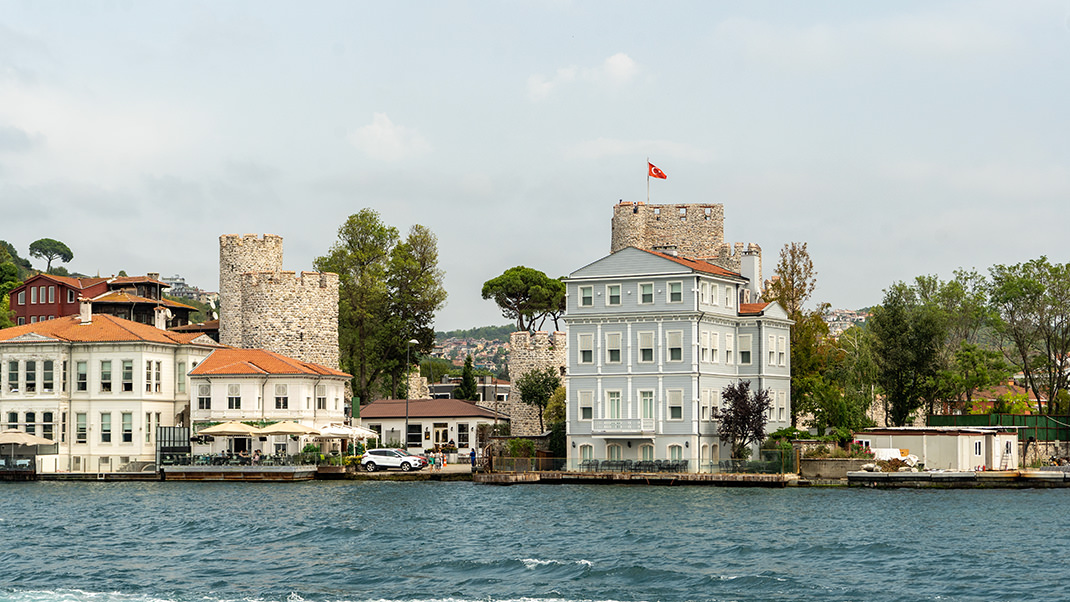
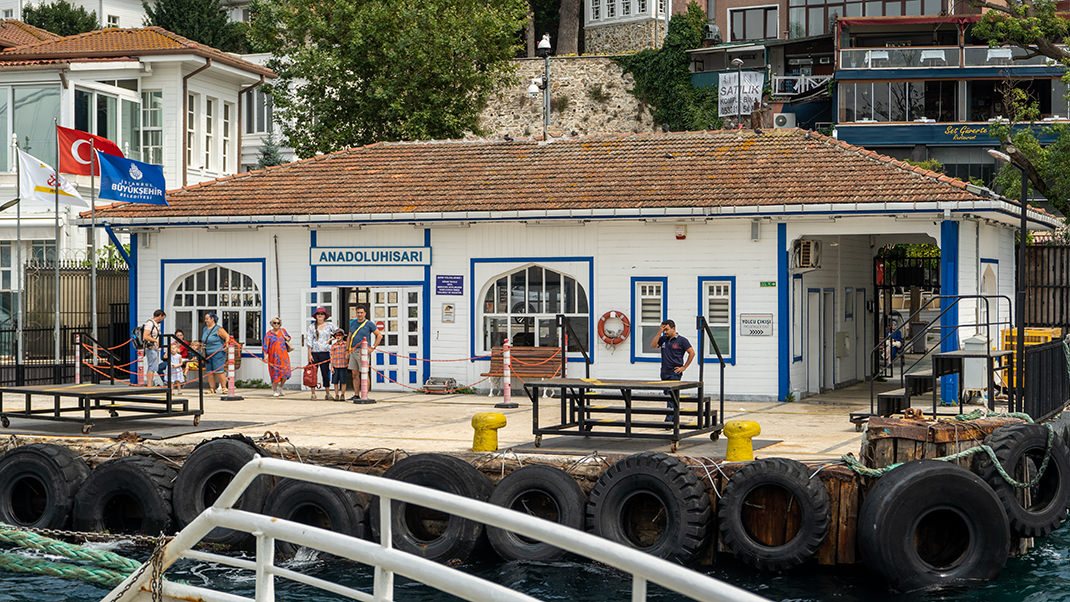
How to get there
I traveled to the fortress by Bosphorus from the "Uskudar" pier, located on the Asian side of the city. To replicate my route, you can take a ferry heading towards the Anadolu Kavagi pier and get off at the Anadolu Hisari stop (which is the Turkish name for the Anatolian Fortress). You can check the ferry schedule on the website.
The entrance fee to the fortress is 80 liras (August 2023).
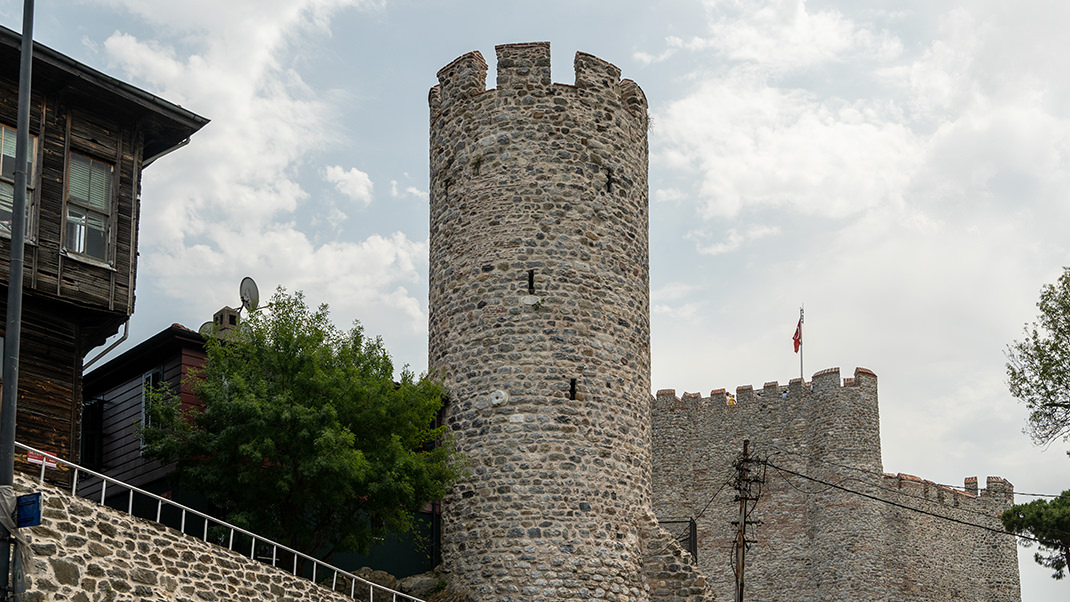
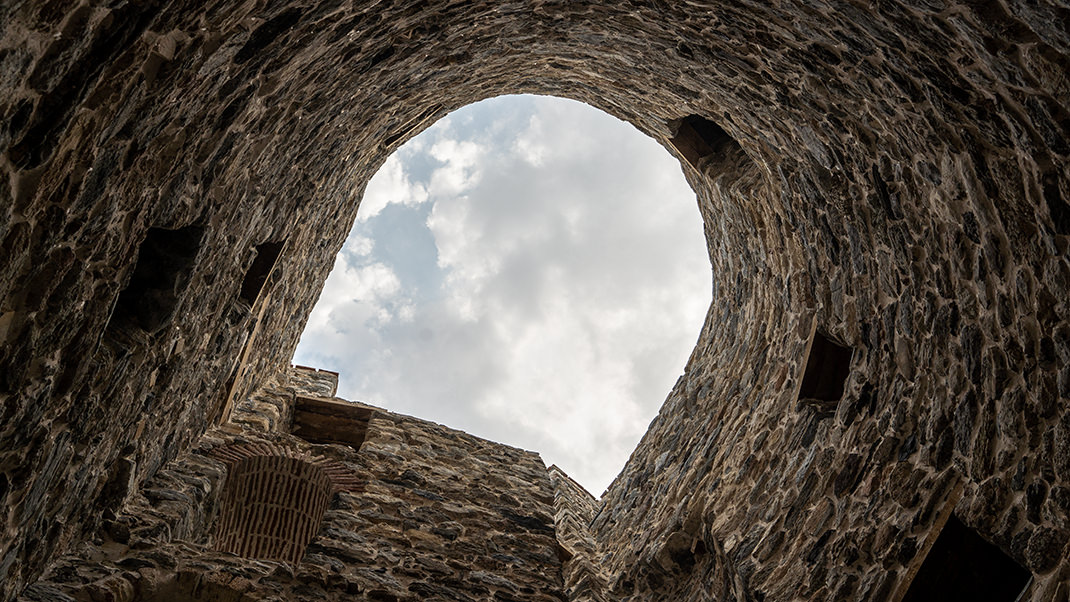
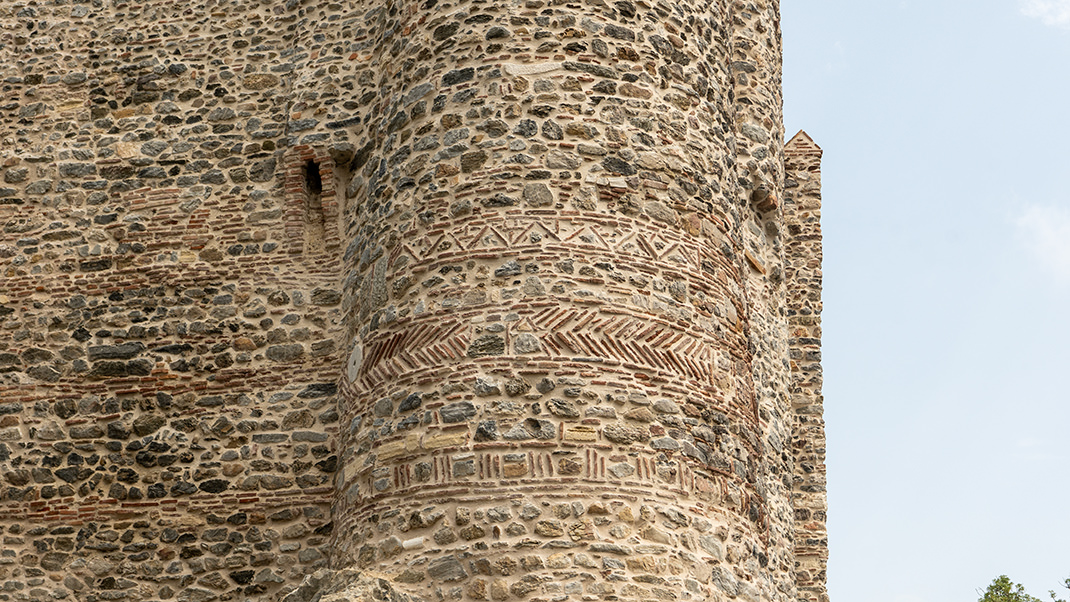
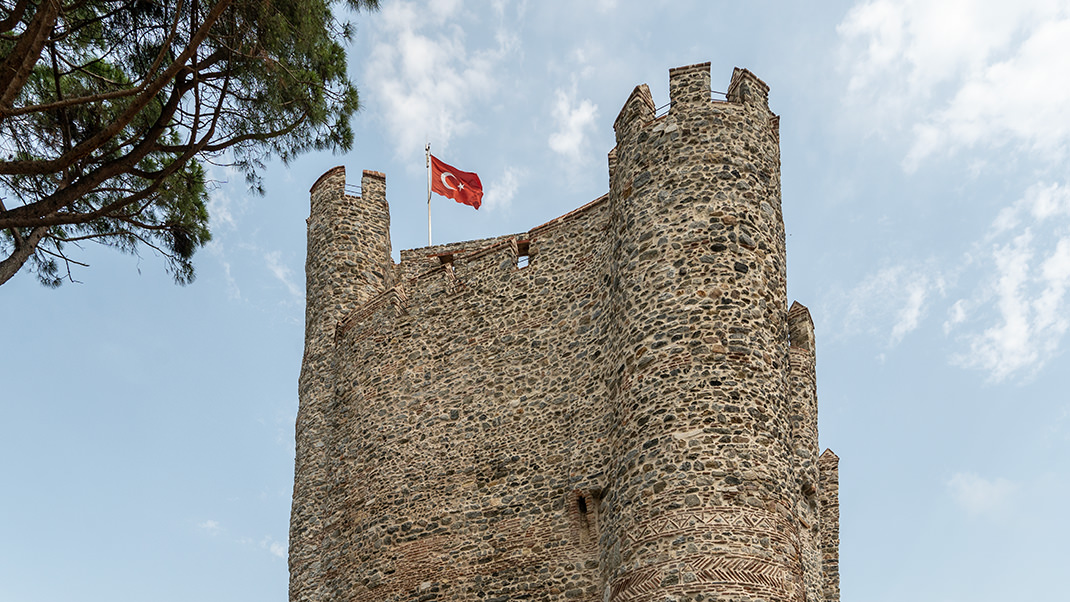
A bit of history
The Anatolian Fortress was built before the conquest of Constantinople, and its construction is dated back to 1395. The fortress is considered the first Turkish defensive structure in Istanbul and the oldest Turkish building in the city.
Guidebooks on Istanbul mention that the location for building the Anatolian Fortress was determined by one of the Turkish sultans. It is believed that an ancient temple of Jupiter once stood here. The area is also remarkable because at this point, the Bosphorus has its minimum width.
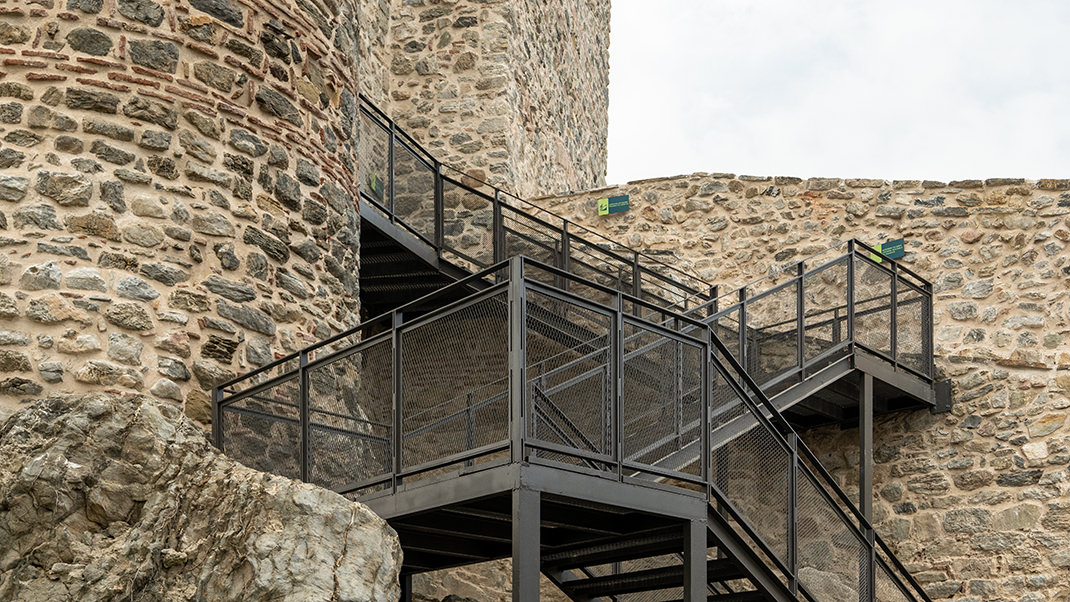
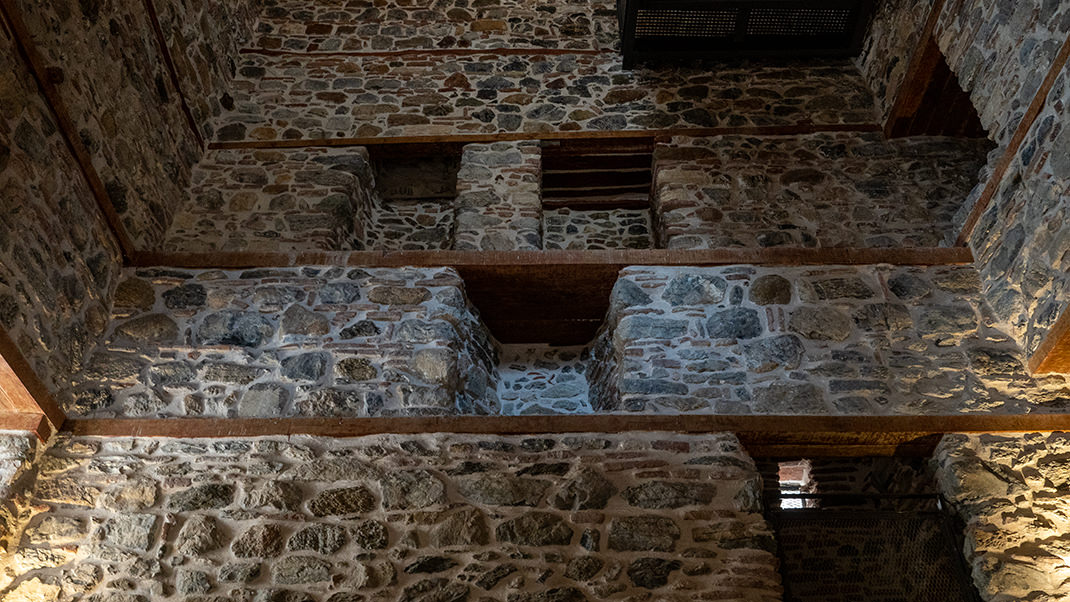
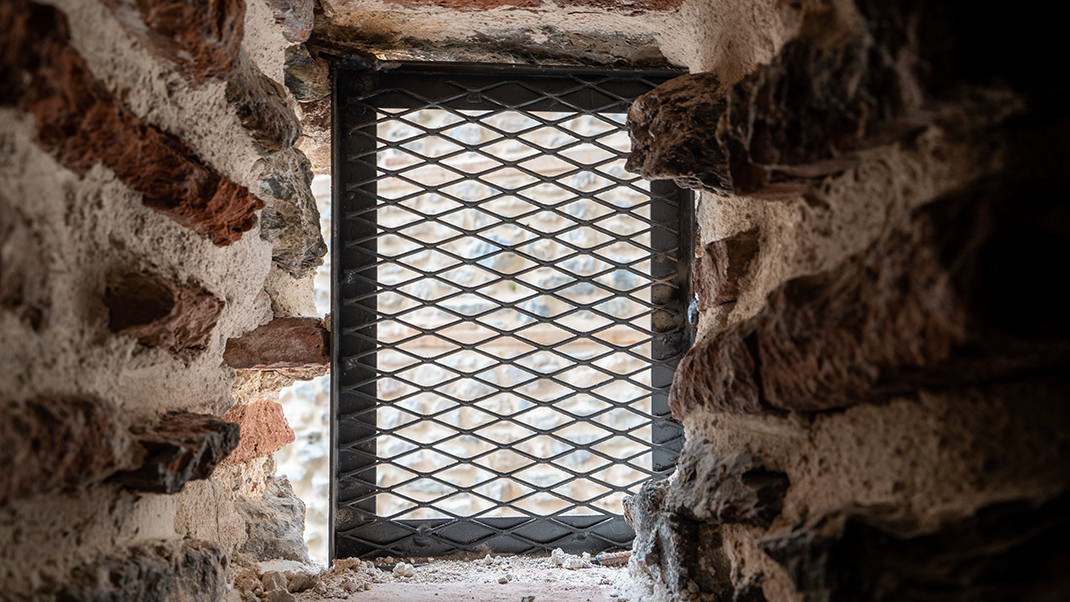
The fortress continued to be used even after the conquest of Constantinople. Besides directly protecting the Bosphorus, the structure served other functions. It is known that at some point, there was a prison here.
Over time, the Anatolian Fortress complex underwent significant changes. The earthquake at the end of the 19th century played a significant role, but human activity also contributed to the destruction: in the last century, an automotive road divided the territory of the ancient landmark.
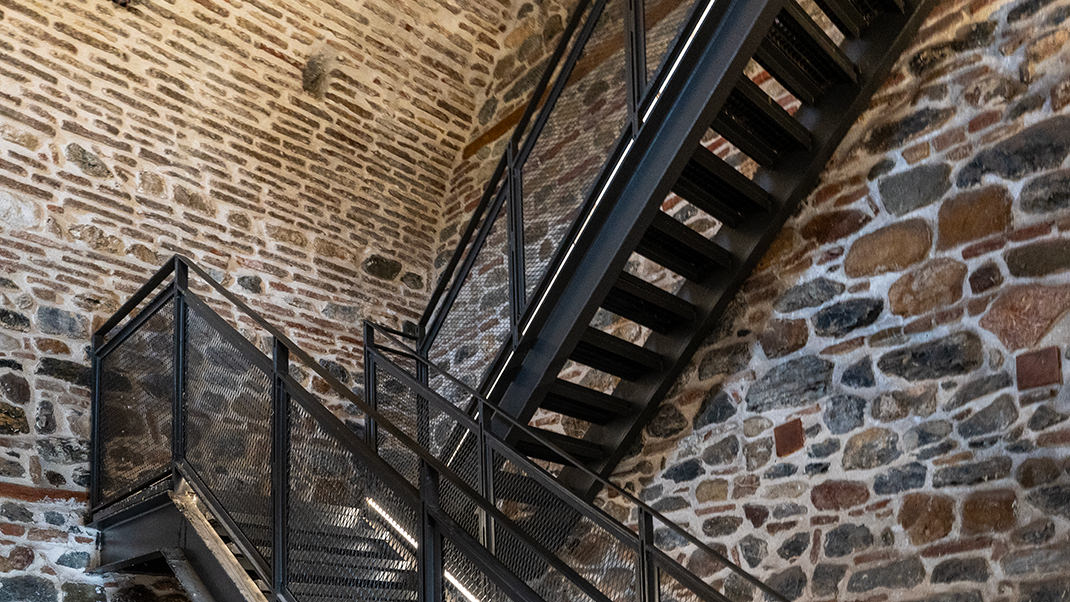
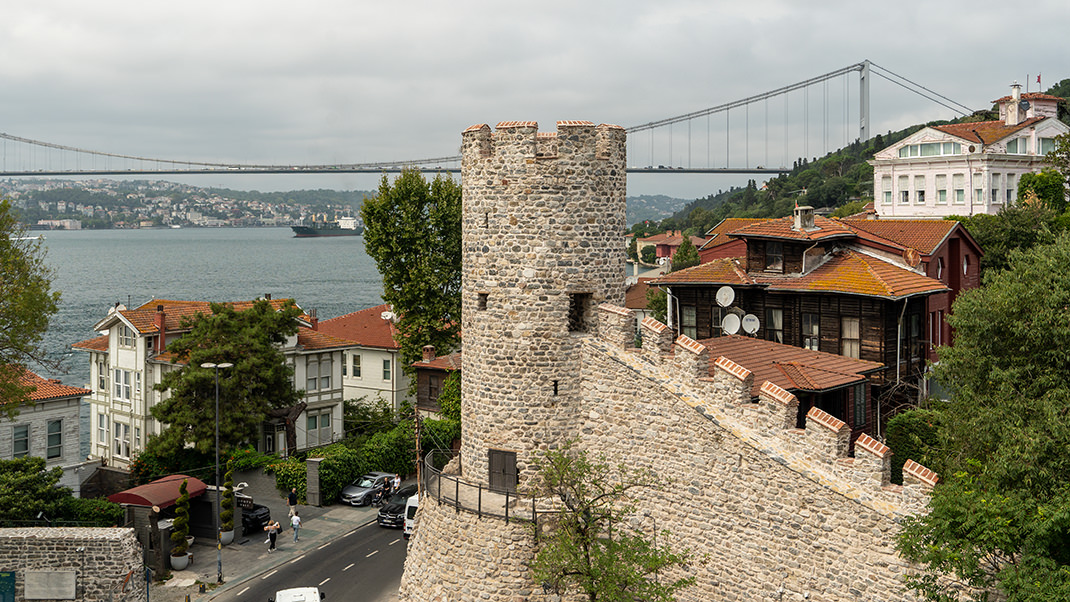
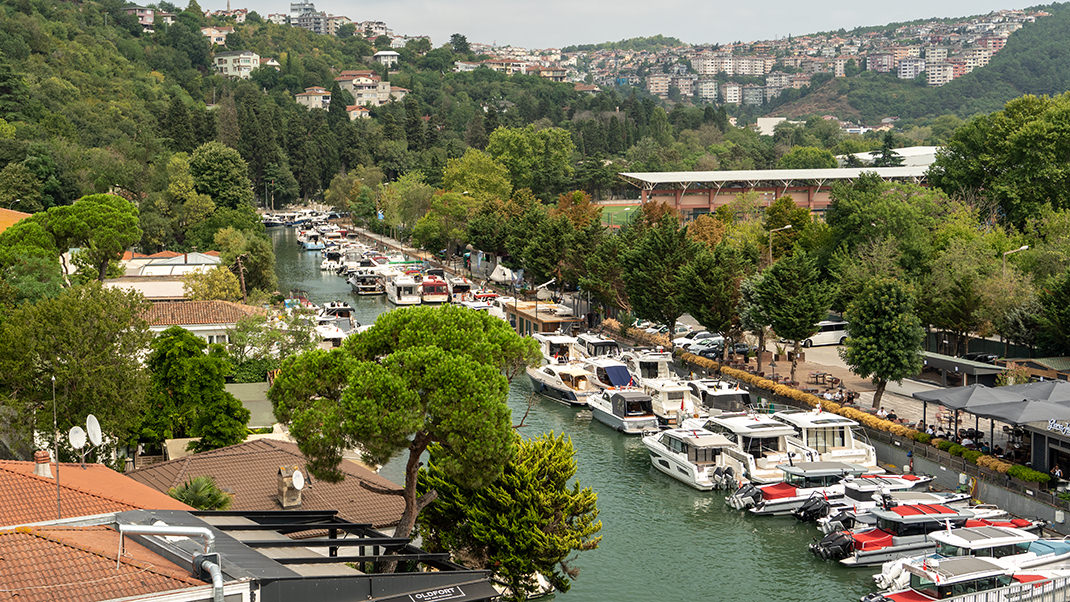
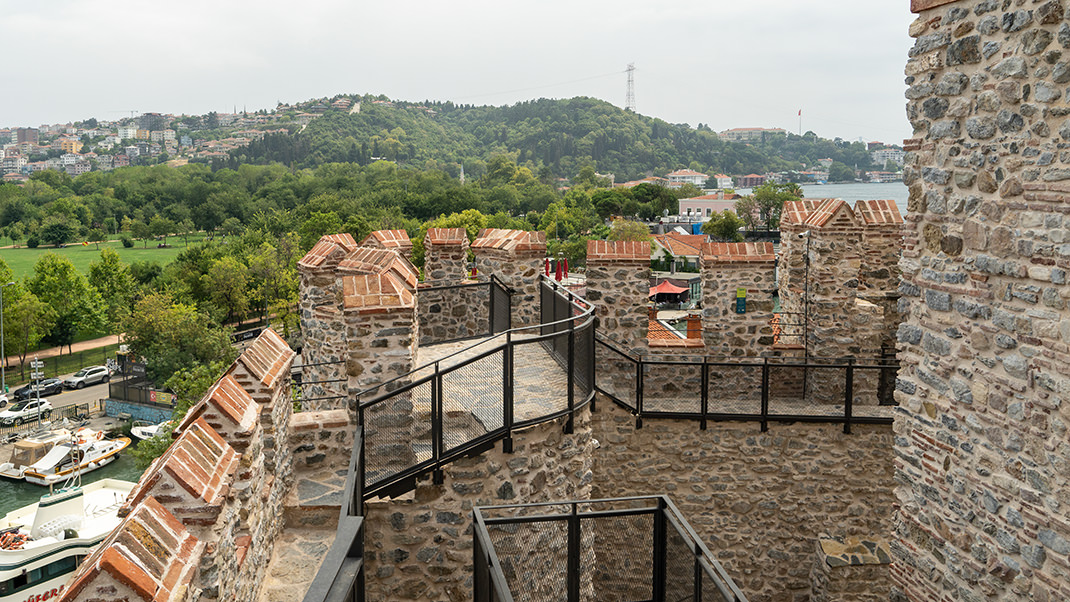
The current reconstruction of the structure was dedicated to the centenary of the founding of the Republic of Turkey. Today, visitors can stroll through the small open area of the fortress and climb the observation platforms located on the roof of the complex. From there, you can enjoy a wonderful view of the Bosphorus and the adjacent areas of the Asian part of the city.
Returning to history, during the preparations for the siege of Istanbul, they built the Rumeli Fortress on the opposite side of the Bosphorus. It has survived to this day and, like the Anatolian Fortress, has recently been restored. I heard that part of its territory has already been opened to guests, although I haven't had a chance to visit myself.
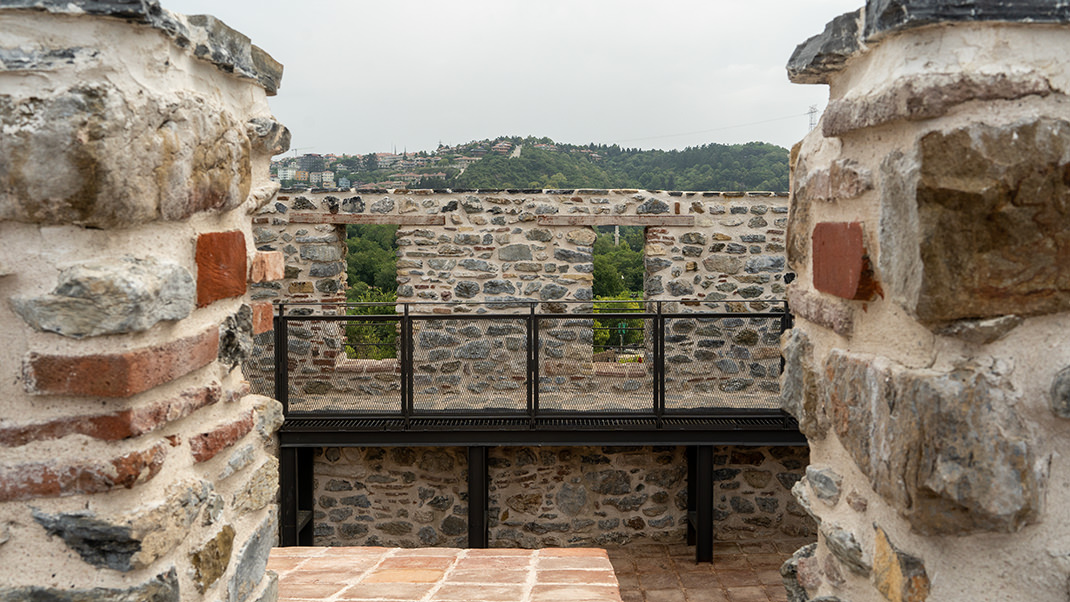
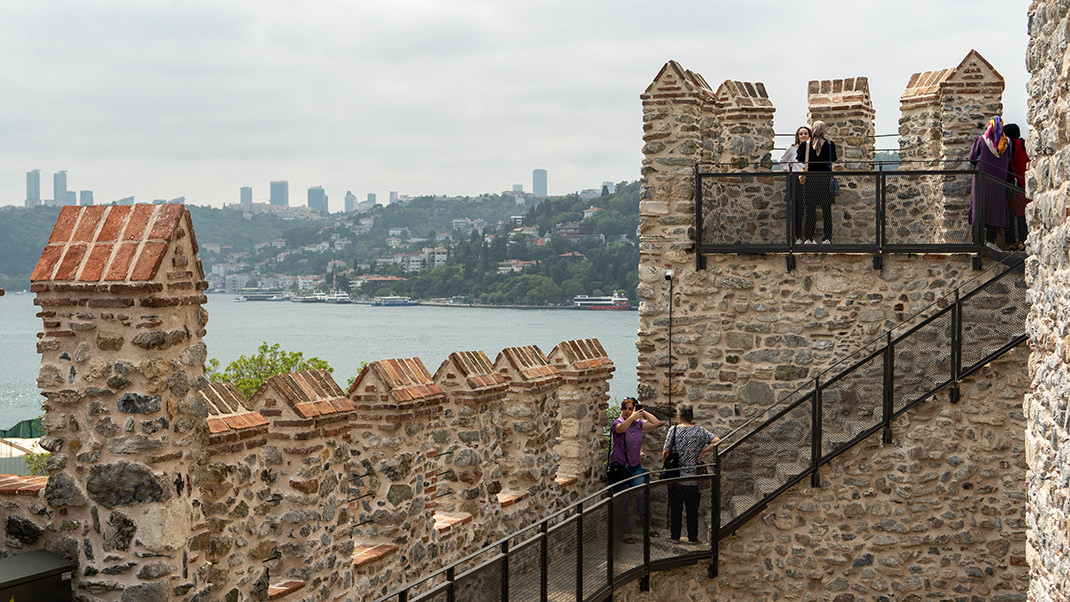
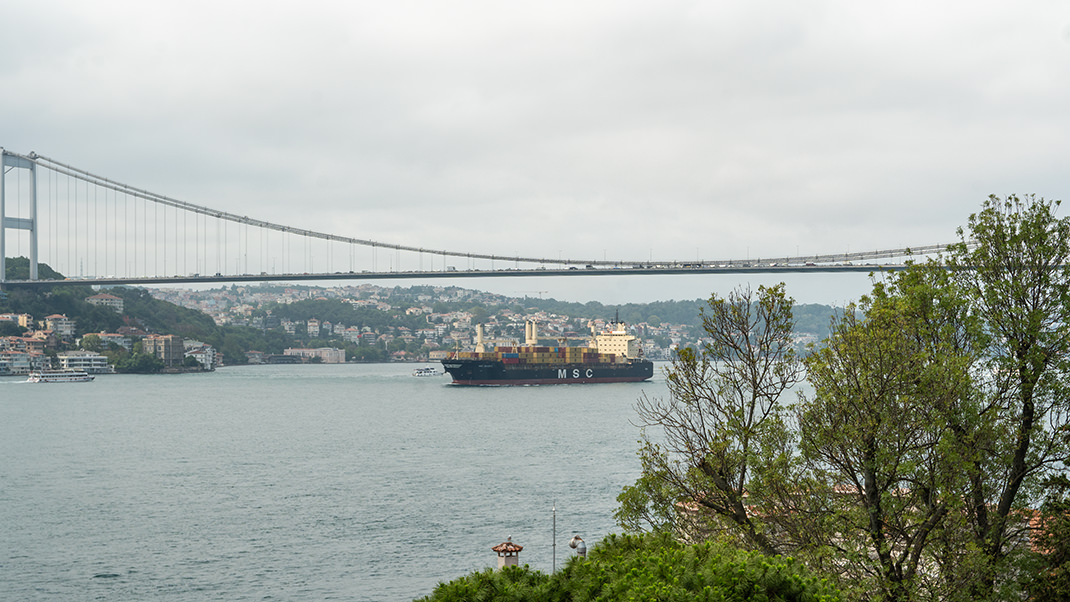
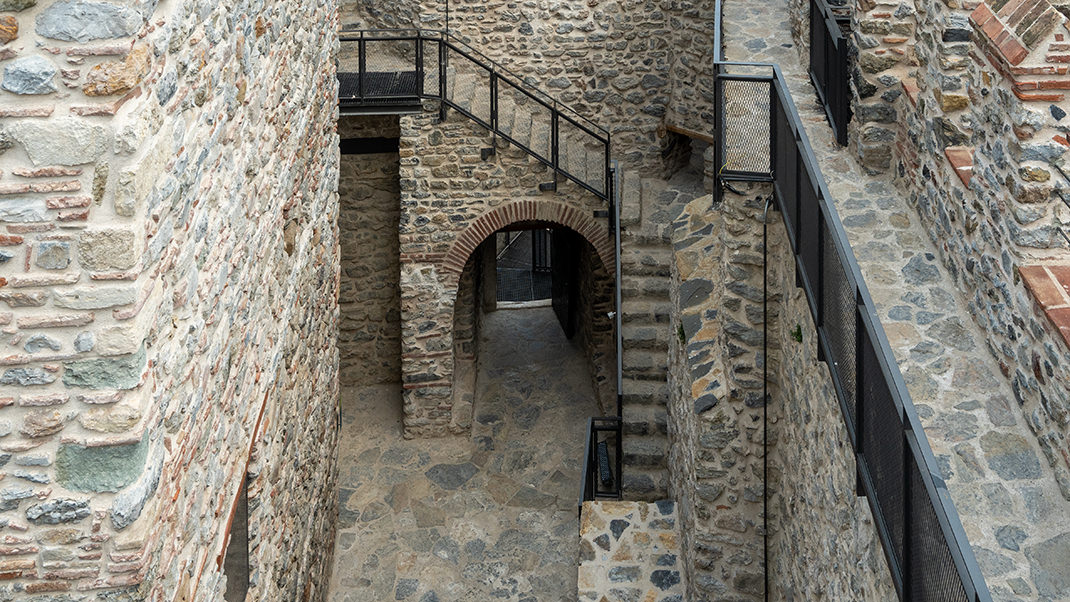
Continuing the theme of defensive structures, I invite you to explore the Castle of the Seven Towers with me — it is located closer to the central part of the city.
Have a nice trip!


